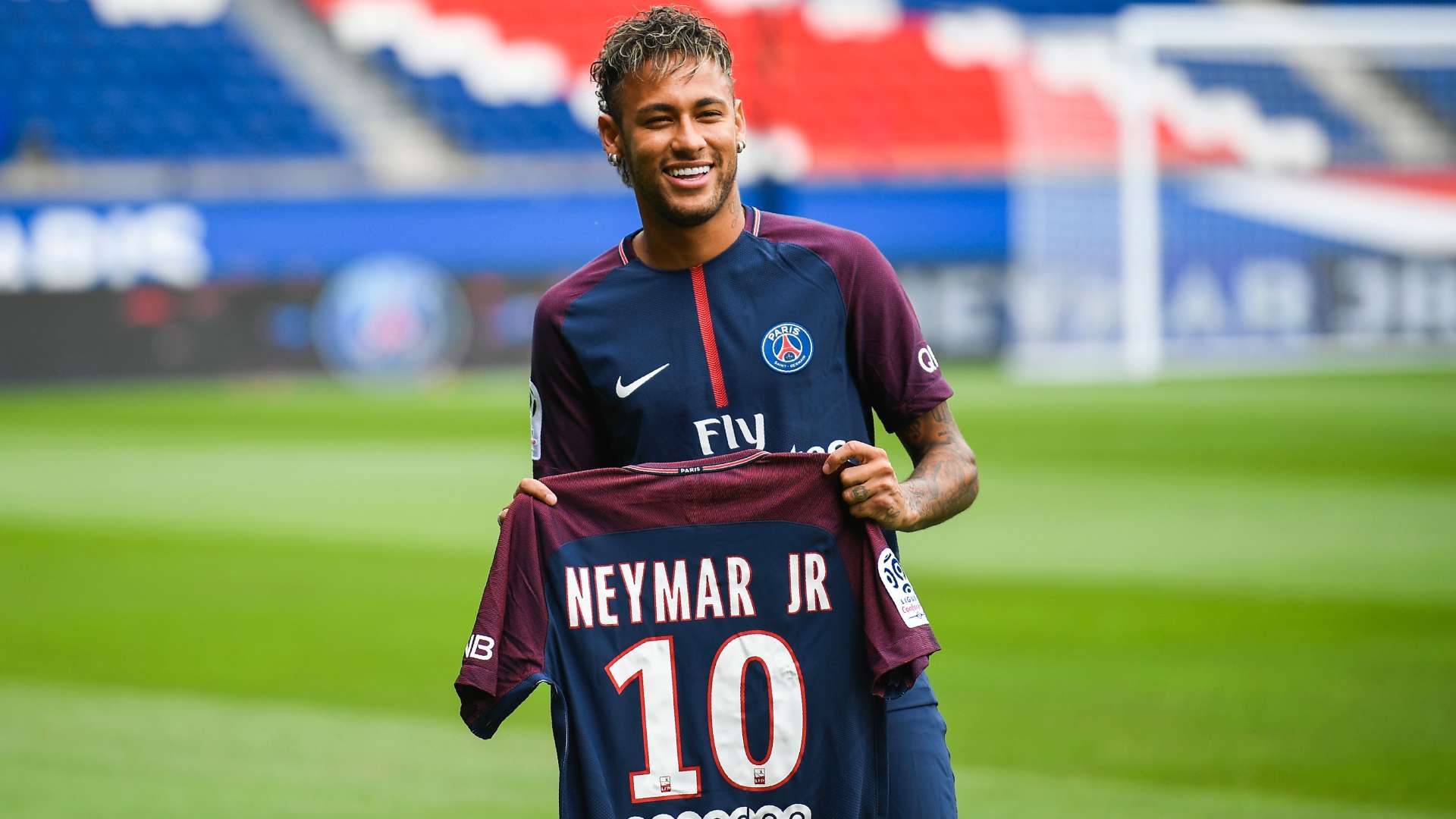When there is a transfer in football, and especially of a big name, the first thing any fan wants to know is the amount of money involved in the move. However, often the fee is described as 'undisclosed', leaving fans in the dark as to the actual fee changing hands.
In 2013, the Premier League website had published that only five of the 115 permanent transfers (not counting free transfers) were disclosed with any official figure.
When such a term is used, it is difficult to assess whether it is truly a 'bargain' or a 'bust' for either parties.
So why is this 'undisclosed fee' term used? GOAL explores the meaning and reasons.
What is an 'undisclosed fee' in football transfers?
When there is a permanent transfer of a player from one club to the other, and there is a fee involved to trigger the move, 'undisclosed fee' is when both parties (selling and buying clubs) agree that the fee should not be made public.
At times, it is the player or his agent who consents or rather doesn't for having the transfer fee known to all.
Why do clubs use 'undisclosed fees' in transfer announcements?
When either (buying or selling) club involved in the transfer do not want to reveal how much they have paid/received for a player, it becomes an 'undisclosed fee'.
Another situation that may arise is, when the player himself (or his agent) does not wish for the transfer fee to be disclosed.
Some clubs may not like to disclose how much they feel they were forced to pay to get their prized possession, which may invite expectation and pressure.
There are also reasons, such as the complications with extra clauses, incentives, add-ons, sell-on fees, stage payments, bonuses and more that also add to the mix.
What are the benefits of 'undisclosed fee' in football transfers?
There are various benefits to using 'undisclosed fee' for all parties involved in a transfer.
A player may like to be protected from the pressure to perform based solely on the (let's assume) expensive transfer tag attached to their name.
From a buying club's perspective, if they have normally thrown cash around on signings, they may not be comfortable with the figures being common knowledge as it may inflate the future asking prices from selling clubs.
More often than not, in a race to sign a player, a buying club may also end up paying more than what may have initially been deemed reasonable, as they attempt to close the deal.
